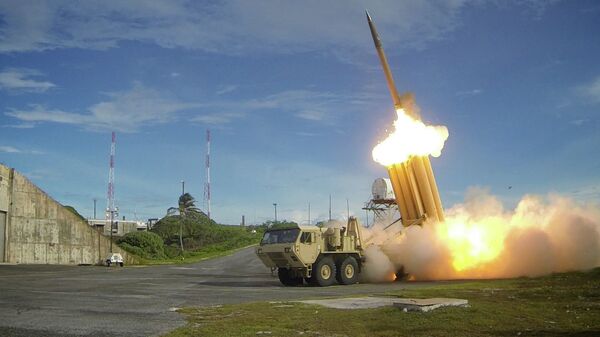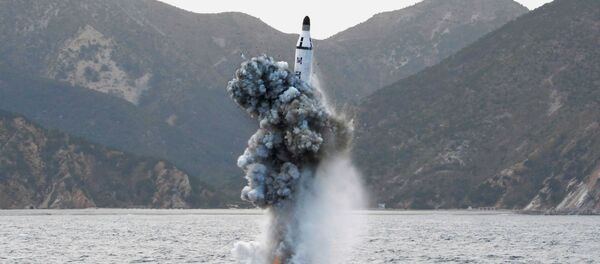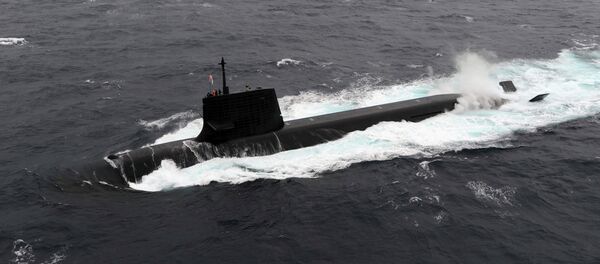Washington has pledged to install a THAAD system in South Korea by the end of 2017, citing security concerns in the wake of North Korea’s recent ballistic missile and nuclear tests. The move sparked outrage from Beijing, which has its own concerns about an American missile system deployed in range of the Chinese mainland.
As part of this purported security effort, the United States had initially considered sharing THAAD radar data with Japan, a key ally in the region. According to a South Korean official speaking to Yonhap News Agency, Tokyo will receive only minimal information.
"Under the trilateral information-sharing agreement with the US and Japan, South Korea is obliged to share the information it gets on North Korea’s nuclear and missile tests with Japan through the US," the official said.
"But the information detected by the THAAD radar won’t be going to Tokyo."
The omission is notable, given that Japan would be equally vulnerable to any North Korean military aggression. Throughout its recent ballistic missile tests, the DPRK has launched projectiles from its east coast into the Sea of Japan. Several of these have an estimated range of 3,000 miles.
Japan is roughly 650 miles from North Korea.
Many have observed that, if the United States is truly concerned about regional security, it would seem that THAAD should serve Japan in the same way that it assists South Korea.
Tokyo could also, in theory, help offset the cost of maintaining the system. Another official, speaking to Yonhap, claims that the THAAD battery will require some $3.5 million each year to maintain.
On Monday, Chinese Foreign Minister Wang Yi reiterated Beijing’s concerns.
"The recent move by the South Korean side has harmed the foundation of mutual trust between the two countries," Wang told his South Korean counterpart Yun Byung-se.
"The United States must stop this kind of mistaken action," Fan Changlong, a vice chairman of China’s Central Military Commission, added.






